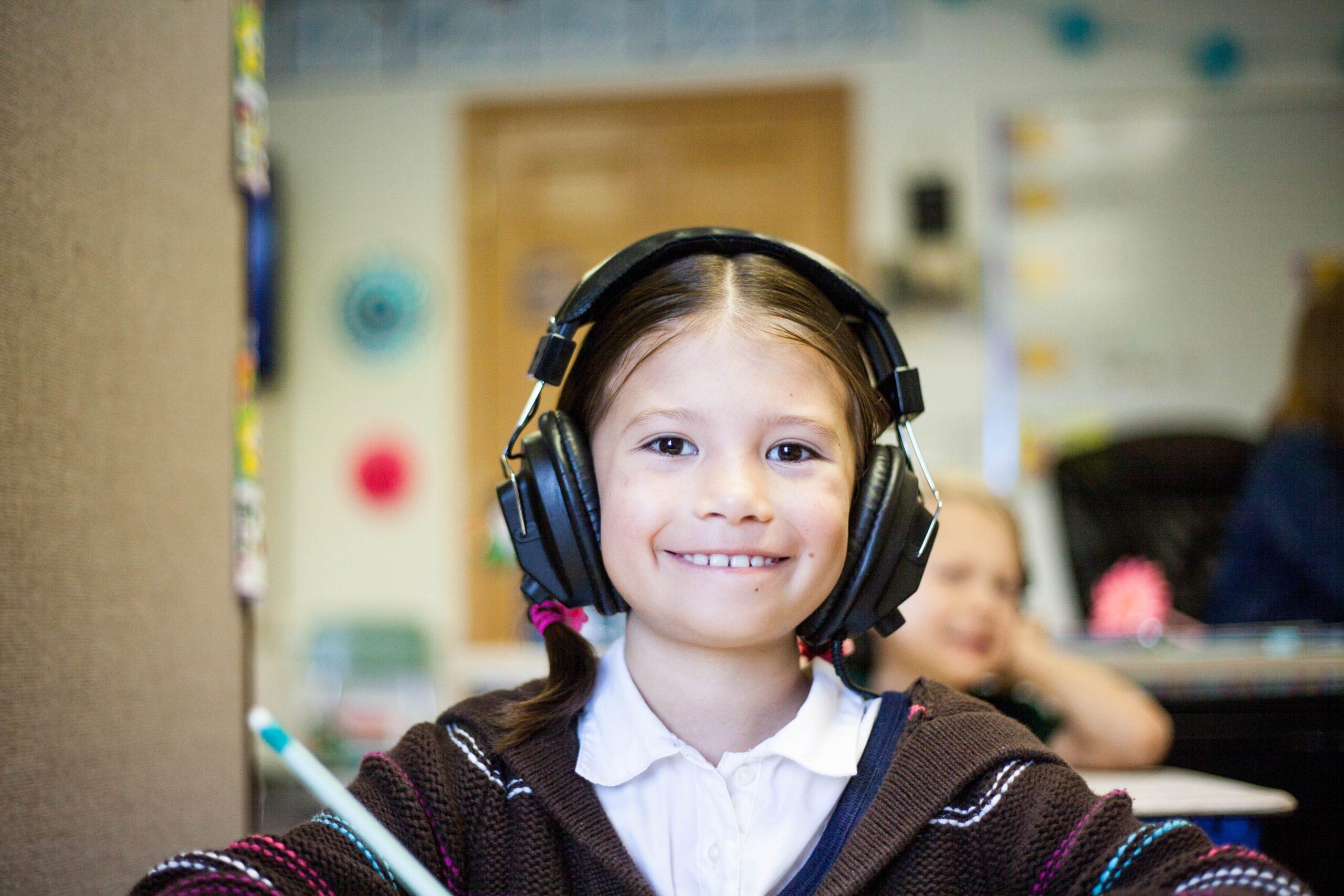Advocating for your child around relatives and friends who don’t understand learning disabilities (LDs) and/or attention deficit hyperactivity disorder (ADHD) is a skill you can master. It takes some personal insight and the desire to be supportive of your most precious gift: your child.
I have a hard time understanding why adults hide certain personal information about themselves. I find that it leads to a loss of authenticity in relationships and lack of true connection. That could easily be due to limited self-confidence and perhaps poor self-esteem. After all, if you show your true colors, then someone might not like the "real" you. As human beings, we all want to be liked and have our families and friends support us. If we expose ourselves too much, it leaves us open to criticism and makes us vulnerable. When we become parents, we are keenly aware of our children’s vulnerabilities and have a strong desire to protect them from anyone who might not understand them.
When our children are diagnosed with learning challenges of any sort, we want to protect them even more. The question is: How do we do that? The answer is straightforward and daunting to many parents and caregivers: We must teach children to be honest about their learning challenges and not shy away from using the correct terminology to describe their diagnoses. If we don’t, we’re teaching the child there’s something to be ashamed of. Hiding implies there’s something wrong. If you hide the fact that a child has a LD or ADHD, the child may think, I can’t be myself. Being forthcoming and advocating for your child can do just the opposite; it boosts a child’s self-confidence.
Speaking openly about your child’s challenges does a world of good for the entire family. It fosters honest communication about the specific learning disability. It enables you to provide information for those who may not know about the disability. And if you are faced with skepticism, you can address it head on.
One time, a close friend told me that my daughter had "an unfair advantage" because she could take a state exam with extended test time and in a separate location due to her dyslexia and ADHD. These accommodations were legitimate and mandated for my daughter, and I was mortified to hear such an opinion from a friend. I knew I had to educate this person and called her to tell her I was upset about her comment. I felt she didn’t truly understand the nature of my daughter’s learning disability and how it academically impacted her. After I explained my feelings and enlightened my friend about the situation, she no longer harbored the ridiculous notion that somehow my daughter had an unfair advantage. It took patience on my part to advocate and openly communicate for my daughter. In the end, though, it was key to my friend’s understanding and maintaining our relationship.




